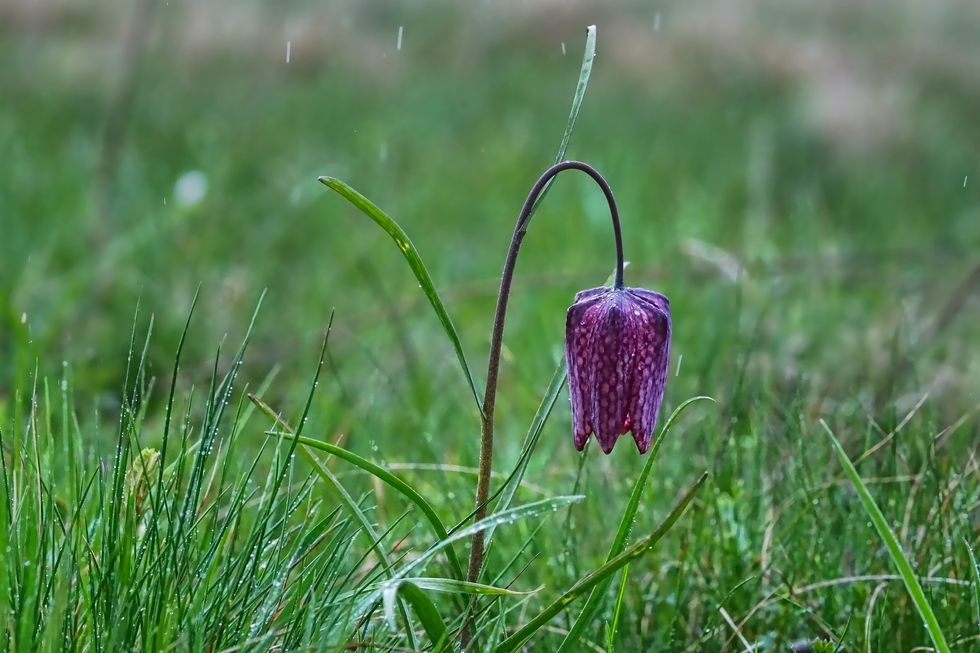While living on campus, you notice that every morning there are wet spots across the sidewalks.
These are from the irrigation sprinklers placed around campus that water the grass in the warmer months. There was plenty of construction and landscaping done in the past 12 months and with that came plenty of new grass or grass that needs to be regrown. If someone is in charge of what days the sprinklers go off, I can imagine them wanting to do it as early as possible so the grass can grow and be as lush as possible.
However, that’s not the reality.
While it was sunny the past few days, ice has formed on the sidewalks from the sprinkler overflow and cooled when under the morning shadows of the buildings. I never imagined that I could say I skated to class in April, but that is the consequence of it.
It is also a consequence of how the sprinklers were installed across campus, where some cover a wide area of grass to water and others cover smaller portions or have a quarter to half their range end up on cement. What also doesn’t help the waste of water is that these sprinkler systems are set to go off twice a day during the warmer months. It’s not long, but it is double the amount of time the grass is watered.
Speaking of overwatering, there is nothing that looks as inefficient on campus as when the sprinklers are out in full use during the middle of a rainstorm.
It might look like a lot of detail for blades of grass, but the wasted water is a considerable amount just to make grass grow faster so it can be cut down again before it looks unkempt. Also, it is especially egregious given the fact that it has such a simple solution; just limit the amount of time the sprinklers go off.
One time a day, a few days a week. If it goes off in the middle of a downpour, so be it. If the water goes on the sidewalk, oh well. The mistakes that can’t be fixed are fine in my book if the overall volume of water used across campus is decreased when it is only used for grass.
It may be the best symbol of first world problems, but it can be solved and support better campus conservation.

















